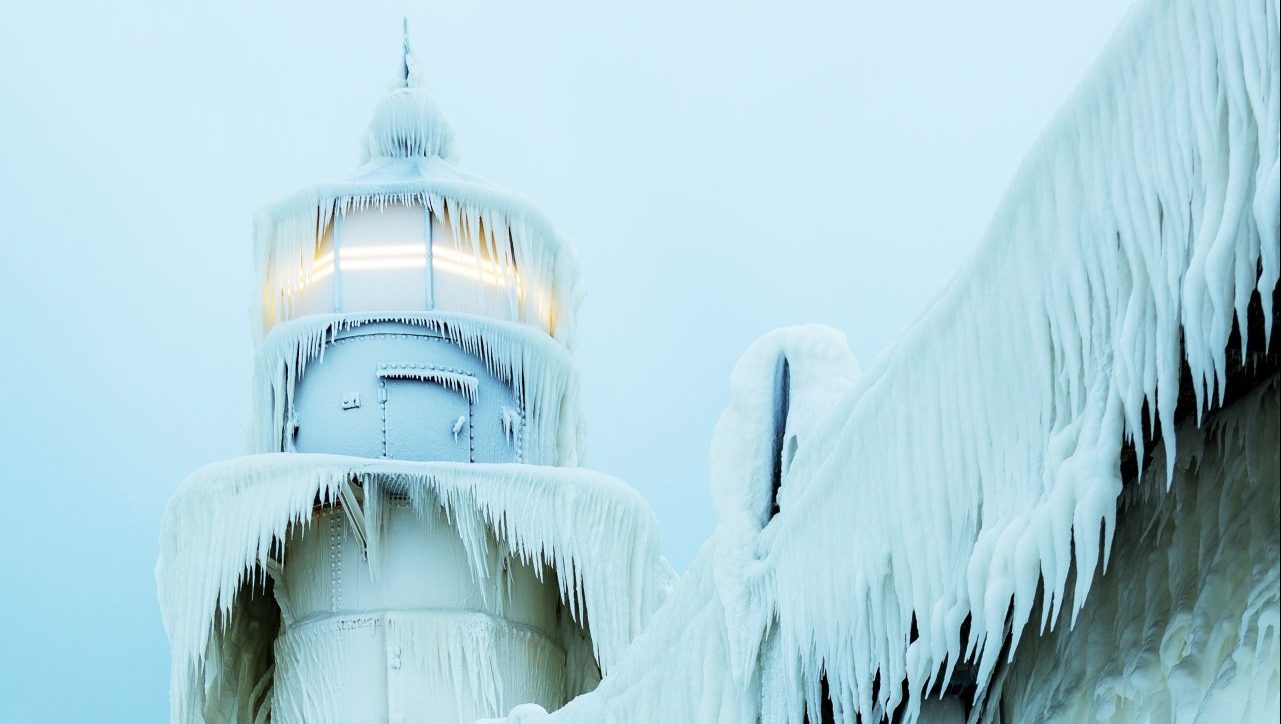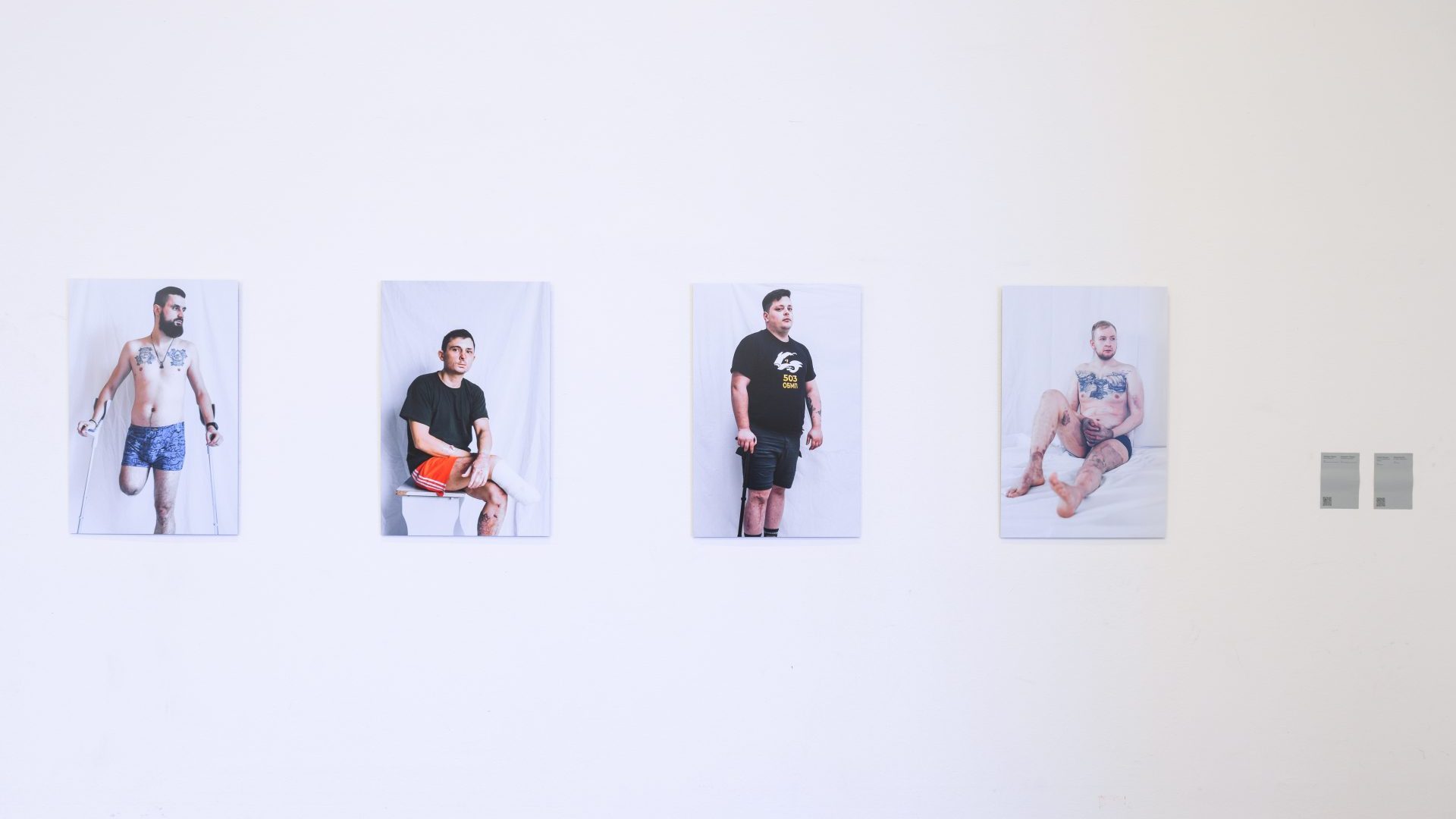We’ve reached that point in the year when those once distant dings are starting to dong merrily on high and it is no longer justifiable to tut about the Christmas decorations in the shops being up far too early. Hilarious Christmas knitwear – never acceptable, even ironically. Actually, especially ironically – is about to become ubiquitous and there is no putting it off any longer – we need to sort out those Christmas presents.
Fortunately, you need look no further than books. Books are, it goes without saying, the perfect gift. Is there any better feeling than presenting someone with a book and watching them flip it over in their hands, reading the blurb while making appreciative noises, rapping the cover with their knuckle and announcing delightedly, “I’ve heard great things about this”? The knowledge that, at least if your choice has been a good one, the giftee will spend several hours absorbed in something you have chosen for them is definitely one of the finer feelings in life.
The trouble is, with so many books to choose from, literary gift buying is a bewildering prospect for even the most well-intentioned present hunter. It’s tricky enough at any time of the year, but Christmas puts you under extra pressure to get it right, precisely when it seems more books than ever are presented for your perusal.
I’m not claiming to have the inside track on what will definitely make your Uncle Gavin’s face light up on Christmas Day, nor can I give you a cast-iron guarantee that your impossible-to-buy-for-and-not-just-because-she’s-slightly-weird cousin Amber will love any of these books, but even if these selections aren’t copper-bottomed winners for your immediate circle – and they might be – they could at least be a launchpad to successful festive gifting.
Let us begin with some proper seasonal fare. You cannot really go wrong with The Penguin Book of Christmas Stories selected by Jessica Harrison (Penguin Clothbound Classics, £14.99). Like most of the books in this series it’s a beautifully designed hardback, this one containing an impressively wide range of seasonal short stories. Your Europhile friend or family member will be well-served here by authors like Anton Chekhov, Italo Calvino, Hans Christian Andersen, Selma Lagerlof and Wolfdietrich Schnurre in a book made to be read aloud over the post-prandial Quality Street perhaps. Go on, do the accents.
There are also, incidentally, very lovely Penguin Clothbound Classics editions of ETA Hofmann’s The Nutcracker (£9.99) and Charles Dickens’ Christmas stories (£16.99) including A Christmas Carol (the original is almost as good as the Muppets’ version).
Staying with the seasonal theme, well, in terms of temperature at least, Max Leonard’s A Cold Spell: A Human History of Ice (Bloomsbury, £20) is a fascinating meditation on the frozen stuff inspired by the author watching a television news report in a pub about a glacier collapsing while swilling ice cubes around in his drink. Leonard’s charting of the history of humanity’s interactions with ice is a brisk and fascinating piece of work, encompassing the last hours of Ötzi the Iceman, polar tourism, George Mallory’s Everest camera, and the man who almost two centuries ago came up with the wheeze of exporting ice from America to India. Climate change obviously thrums through the narrative but this is not a didactic read, rather a thoroughly entertaining and absorbing one.
Ukraine has been a little eclipsed in the headlines by recent events in the Middle East, but the nation’s dogged resistance to Putin’s invasion continues to be an extraordinary beacon of iron-willed resilience forged in national pride. An important vehicle for that pride is the nation’s football team. Unable to play its matches at home, the side leads an itinerant existence yet, like the nation itself, continues to punch above its weight, coming within a whisker of qualifying directly for next year’s European Championships when denied what appeared to be a clear penalty in the dying seconds of a 0-0 draw with Italy last month.
If the team needs any further inspiration for the play-offs in March they could do worse than pick up My Life, My Football, the autobiography of Andrei Shevchenko (with Alessandro Alciato, trans. Mark Palmer, BackPage Press, £12.99). Shevchenko remains a colossus of the Ukrainian game more than a decade after ending a stellar playing career with Dynamo Kyiv, Milan and Chelsea, not to mention 48 goals in 111 matches for the national side, who he then managed to get to the quarter-finals of the Euros in 2021.
Shevchenko’s memoir rises above standard sporting autobiographies in that his story is in effect that of modern Ukraine itself. Born under the Soviet regime, Shevchenko was evacuated after the Chernobyl disaster, lived through the collapse of the USSR and the birth of independent Ukraine and became a proxy ambassador for his nation through his extraordinary talent. The book details his experiences in Ukrainian politics and brings the story right up to date with the Russian invasion. More than a sporting autobiography, My Life, My Football is the story of a remarkable European life that will be a welcome bulge in many a stocking this year.
Talking of remarkable European lives, Werner Herzog’s memoir Every Man For Himself and God Against All (trans. Michael Hofmann, Bodley Head, £25) received perhaps less fanfare than it deserved when published in October. The story of one of the most singular figures in the history of European cinema in his own words, Herzog’s book is a predictably eccentric and philosophical meander through an extraordinary life, enhanced by how, thanks to his film narrations, you cannot help reading it in his voice.
In 2017 Emily Wilson shook up the world of the classics with her excellent translation of Homer’s Odyssey. This year she returned with an equally landmark edition of The Iliad (WW Norton, £30). Wilson brings a rare combination of academic rigour and the lyricism of a born poet to one of Europe’s most important texts, making ancient battles vivid and visceral and the language of Homer sing like few translators before. If you are buying for a classicist or even for someone who’s been meaning to get around to the classics, you won’t go wrong with this one.
For something a little different I will be giving A Brief Atlas of the Lighthouses at the End of the World by the Spanish writer José Luis González Macías (trans. Daniel Hahn, Picador, £20) this year. One of those books that seems made for gifting, it is a beautifully illustrated guide to some of the globe’s remotest spots with stories and vignettes from lighthouses that are, in themselves, miracles of construction and perseverance and monuments to the fundamental goodness of human beings.
If you’re struggling to choose a book, you may also wish to consider a different kind of gift for the literato in your life: a subscription. I have three recommendations for you. First, I have myself been a subscriber for many years to Slightly Foxed, an exquisitely produced quarterly journal containing short essays by a range of writers enthusing about a book or author that has meant a lot to them. These unfailingly eloquent slices of considered personal enthusiasms are a welcome respite from the torrent of new titles and literary fashions and truly celebrate the joy of books. Gift subscriptions begin at £56 for the year.
For something a little more zeitgeisty you won’t go wrong with The Stinging Fly, Ireland’s leading literary journal. It will not have escaped your notice that Ireland is having one of its regular golden literary ages, affirmed by Paul Lynch’s Booker Prize win last week, and The Stinging Fly has been a key outlet for many of the writers who have broken through internationally in recent years. Published twice a year and edited by women’s prize winner Lisa McInerney, with Sally Rooney chairing its editorial board, subscriptions start at €33.
Lastly, Peirene Press is a small but vigorously active publisher of excellent translated fiction from all over the world, particularly Europe. They offer two excellent-value subscription services, six books ahead of official publication for £68 or three new novellas a year for £38. There will not be a dud among them either, I can promise you that.
Just before I head off and get to grips with the wrapping paper and sellotape, there is one book in particular this year that I will be giving to just about everyone and it is more than likely to suit the bibliophiles in your life too. The Late Night Writers Club (New Island Press, €22.95/£19.99) is a brilliant graphic novel by the Sligo-based cartoonist and illustrator Annie West.
Published beautifully by an always excellent Dublin publishing house, The Late Night Writers Club is the story of a young author struggling to finish his novel, on which he is working so hard that one day he falls asleep in an armchair in the gents’ toilets of the National Library of Ireland – there really are armchairs in the toilets there, by the way – and finds himself locked in for the night.
Hearing a commotion coming from the main reading room, he pushes open the door and is startled to see the ghosts of Ireland’s greatest writers all gathered there. Who better to help him finish his book than this pantheon of Hiberno literati who, it seems, have the run of the place after lights out to the extent of lingering in the cafe over macchiatos discussing books and each other?
The Late Night Writers Club is a celebration of books, the magnificent Irish national library, the great writers of Irish literary history and the perils and frustrations of the writer’s art and the writer’s ego. It is suffused with warmth and intelligence, but most of all is filled with some absolutely brilliant jokes. Give this as a gift this year and you will be very popular.




